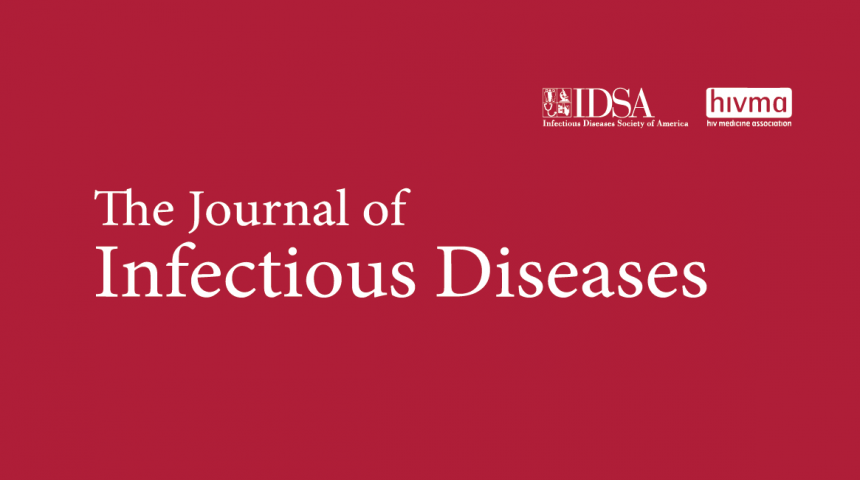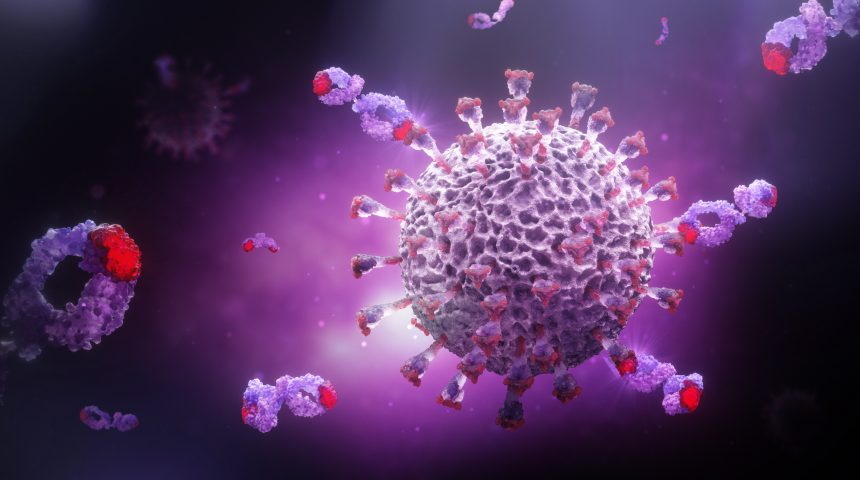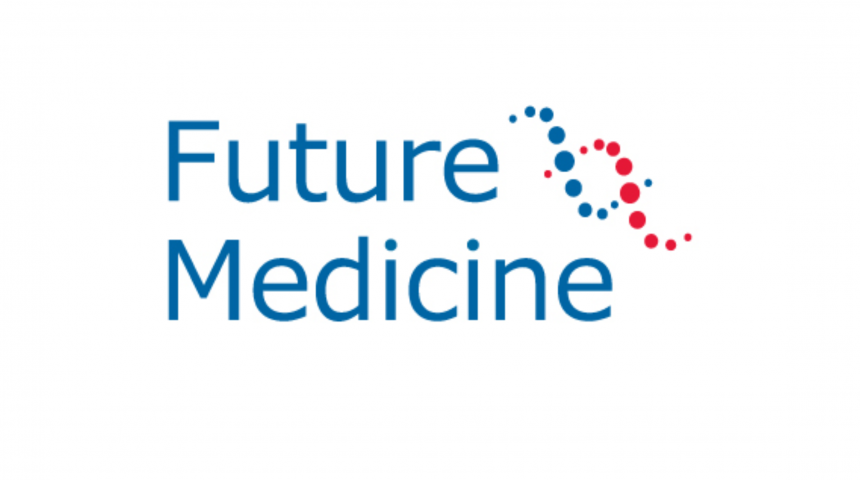In Vitro Characterization and In Vivo Effectiveness of Ebola Virus Specific Equine Polyclonal F(ab')2

The Journal of Infectious Diseases
Abstract
There is no vaccine or approved therapy against lethal Ebola virus (EBOV). We investigated a proven technology platform to produce polyclonal IgG fragments, F(ab’)2, against EBOV. Horses immunized with nanoparticles harboring surface glycoprotein trimers of EBOV-Zaire/Makona produced anti-Ebola IgG polyclonal antibodies with high neutralization activity. Highly purified equine anti-Ebola F(ab’)2 showed strong cross-neutralization of 2 Zaire EBOV strains (Gabon 2001 and Makona) and in vivo 3 or 5 daily F(ab’)2 intraperitoneal injections provided 100% protection to BALB/c mice against lethal EBOV challenge. Rapid preparation of purified equine anti-Ebola F(ab’)2 offers a potentially efficient therapeutic approach against EBOV disease in humans.
Keywords: Ebola; F(ab′)2 fragments; equine; immunoglobulins.
© The Author(s) 2019. Published by Oxford University Press for the Infectious Diseases Society of America. All rights reserved. For permissions, e-mail: journals.permissions@oup.com.
The Journal of Infectious Diseases, Volume 220, Issue 1, 1 July 2019, Pages 41–45
Affiliations
- 1Special Pathogens Program, National Microbiology Laboratory, Winnipeg, Canada.
- 2Department of Medical Microbiology, Winnipeg, Canada.
- 3Centre de Recherche en Infectiologie, Centre Hospitalier Universitaire de Québec, Université Laval, Canada.
- 4Fab’entech, Lyon, France.
- 5INSERM, Jean Mérieux BSL-4 Laboratory, Lyon, France.
- 6Department of Immunology, University of Manitoba, Winnipeg, Canada.
- 7Department of Pathology and Laboratory Medicine, University of Pennsylvania School of Medicine, Philadelphia.
- 8Institut de Recherche pour le Développement, UMR-Ministère de la Défense, Faculté de Pharmacie, Université de Montpellier, France.


